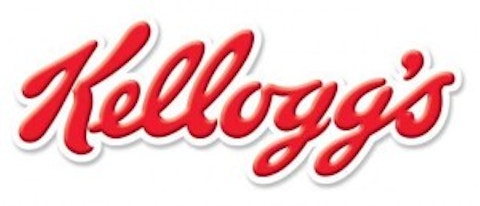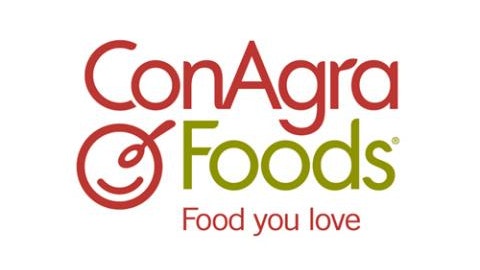
Promising quarter
For General Mills, Inc. (NYSE:GIS), the rising cost of grain and other ingredients due to heat and drought had little impact on its past quarter’s earnings. As shareholders watched, the maker of such popular cereals as Cheerios, Wheaties, and Cinnamon Toast Crunch announced a 13% increase in earnings compared to the same quarter in 2012. That brought the company’s total earnings for the quarter to $366 million, with revenue rising 8% to $4.41 billion.
But General Mills is quick to point out that part of the increase is due to the introduction of new products, including Yoplait Canada. During the earnings announcement, the company said the increase in costs will be manageable, and its taking measures to counter these expenses.
Part of General Mills, Inc. (NYSE:GIS)’ counteractive measures include cutting costs throughout the organization. Instead of raising prices, (to pass costs on to customers), General Mills has increased in-store promotions and actually reduced prices to encourage purchases. But for General Mills, cereal is just a small part of operations. General Mills, Inc. (NYSE:GIS)’ snacks, soups, and baking products have all increased enough to offset its cereal loss.
Hold the corn flakes
Kellogg Company (NYSE:K) wasn’t quite as fortunate. Since the manufacturer’s full suite of profits consist solely of food items, rising food costs have a much more widespread impact on the company’s bottom line. As a result, it saw a 2% decrease in income but a 12% increase in sales.
During the earnings announcement, the company’s president and CEO stressed that it was on track to meet its guidance for the year. However, costs in the first quarter jumped a full 80%, which makes you wonder if it will have a hard time controlling costs the rest of the year. Unlike GM, however, Kellogg stated it had no plans to reduce prices or implement new promotions in the near future.
So how will Kellogg Company (NYSE:K) make up for the rising prices? The company has a habit of purchasing commodities in advance, but it has also raised its prices a couple of years ago in preparation for a rise in costs. Still, if the cost of grain stays high much longer, the company will be forced to jack prices to avoid major losses.
Post marketing
Promotions were the problem for Post Holdings Inc (NYSE:POST), which reported a 60% drop in profits to $5.1 billion. Post manufactures Raisin Bran, Bran Flakes, and Fruity Pebbles–all popular cereals. But unlike Kellogg’s and General Mills, Post’s loss was chalked up to marketing and spend in exchange for heavy promotion on in-store displays.
Recently, Post Holdings Inc (NYSE:POST) purchased Hearthside Food Solutions’ granola snacks and cereals. These products had previously been sold through natural food sources, but Post may have the ability to move it into a more widespread market. The company’s CEO said the acquisition will add $70 million to Post’s net sales. Post Holdings Inc (NYSE:POST) also acquired organic and natural food business Attune Foods late last year.
Foolish final words
These gains may be enough to offset the increase in costs, possibly making Post the winner in the short run. But long-term, Kellogg Company (NYSE:K)’s and General Mills, Inc. (NYSE:GIS) have weathered enough tough times that they’ll likely come through this ordeal with flying colors. Ultimately, all these businesses are good enough for you to take a closer look.
Stephanie Faris has no position in any stocks mentioned. The Motley Fool has no position in any of the stocks mentioned.
The article How Cereal Companies Will Weather Cost Increases originally appeared on Fool.com.
Stephanie is a member of The Motley Fool Blog Network — entries represent the personal opinion of the blogger and are not formally edited.
Copyright © 1995 – 2013 The Motley Fool, LLC. All rights reserved. The Motley Fool has a disclosure policy.


